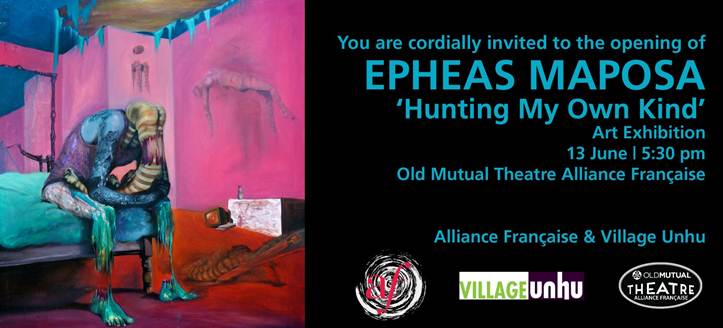Non violent civil disobedience is a good option for Zimbabwe
Posted on June 11th, 2013 by Fungayi Mukosera. Filed in Activism, Governance, Zimbabwe News.Comments Off
Nelson Mandela said, “And later when we felt that we now have quite a solid support among the masses, we then decided to select 6 laws which we felt were most oppressive. We would define these laws and deliberately go to jail and not pay fines in order to focus attention on the repressive policies of the (apartheid) government”.
Mandela and his colleagues intelligently and consciously engaged in strategic non-violent civil disobedience.
Here is a man, at the height of political repression of the blacks by the apartheid regime when everyone was pondering whether to weigh a fully-fledged war against the government; he stood strong and wise and opted for a non-violent civil disobedience strategy. This is the profound level of wisdom and temperance, which unfortunately has been misconstrued by some of our impatient political ‘pundits’ in Zimbabwe as being too lenient. This is a clear attempt to brainwash and keep everyone in check and under the authorities feet. These politicians know that if Zimbabwe becomes very politically conscious of what Mandela did, the same things that he did may be applied against their corruption and evil and torturous politicking. These are men who have seen how Mubarak was deserted by his own security people, doing what Henry David Thoreau suggested, “If the machine of government is of such a nature that it requires you to be the agent of injustice to another, then, I say, break the law”.
Mandela has brought this lesson to Africa that it is the duty of the people to give a moral check, in the most non-violent ways possible, to the actions of a government.
“One has a moral responsibility to disobey unjust laws.”
Martin Luther King Jr.










